Adaptogens have been dubbed the superfood 2.0 and are creating a buzz in the health world this year. Now don’t roll your eyes just yet at another potential food fad. Hear us out. “Adaptogens are edible herbs and roots that possess healing abilities and can be used to treat anxiety, stress and seasonal affective disorder,” says Frida Harju-Westman, in-house nutritionist at health app Lifesum (lifesum.com). “An adaptogen produces a non-specific response in your body. An increase in the power of resistance against multiple stressors, including physical, chemical or biological agents. It’s there to help your body adapt, stabilise and become more balanced.” There are around 20 plants that qualify as adaptogens, so we asked the experts for their top 10 that you could include in your diet. One final tip – “it’s worth noting that adaptogens work best synergistically. So look for products that combine two or more and see which ones your body responds best to,” Frida advises.
-
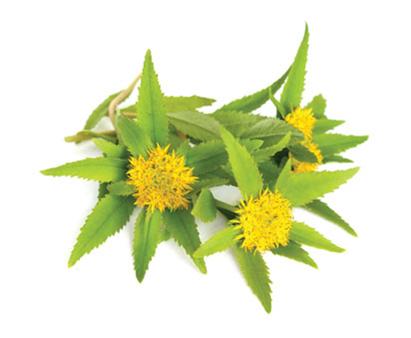
-
For insomnia: Rhodiola Rosea
- “Commonly known as the golden root or king’s crown, this is a small, flowering plant found in cold regions such as Canada and the UK,” explains Frida. “It can help to fight stress-related conditions such as insomnia, eating disorders, anxiety and circulatory problems.” If that wasn’t enough, it’s also considered to be one of the best treatments for slowing down the ageing process. Jess Smith, the UK manager for natural skincare brand Natura Siberica (naturasiberica.co.uk) tells us. “Rhodiola Rosea can reduce wrinkles and loss of firmness, as well as puffiness and acne. You can take it in the form of teas and infusions in order to invigorate your body and beat muscle weakness, too.”
-
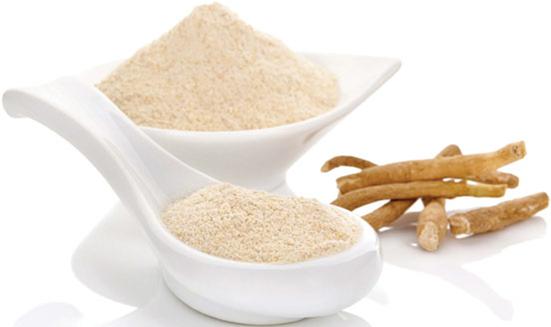
-
For anxiety: Ashwagandha
- “This herb was traditionally grown in northern Africa, India and the Middle East and is part of the nightshade family, as are tomatoes,” says Frida. “The root is dried and ground into a powdery herb and is used in smoothies or teas, or sprinkled on porridge. Its primary benefits are the reduction of cortisol, fighting fatigue, reducing anxiety and heightening mental clarity.” Sasha Sabapathy, director of Glow Bar, agrees. “Ashwagandha is a powerful adaptogen that helps your brain adapt to stress and has been shown to act as an antidepressant. Ultimately, this powerful herb calms your body while helping to focus your mind.”
-
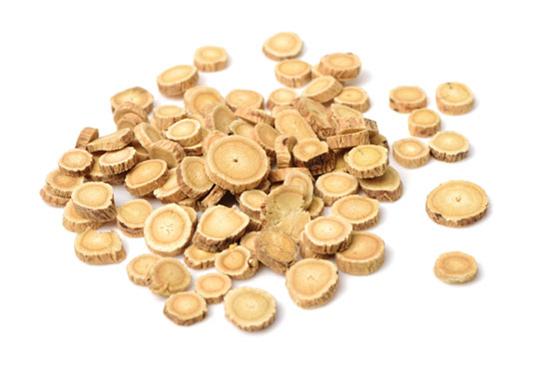
-
For boosting your immune system: Astralagus
- “This is a starchy root that has been used for centuries in traditional Chinese medicine,” says Frida. “It’s known for its ability to boost your immune system by helping to stimulate the production of white blood cells.” This makes it perfect during the cold, cough and flu season which peaks in January and February. “You can either infuse it in boiling water and enjoy it as a tea, or add it to a saucepan of rice or quinoa as they’re being steamed,” advises Jenny Tschiesche, consultant nutritionist for Indigo Herbs (indigo-herbs.co.uk).
-
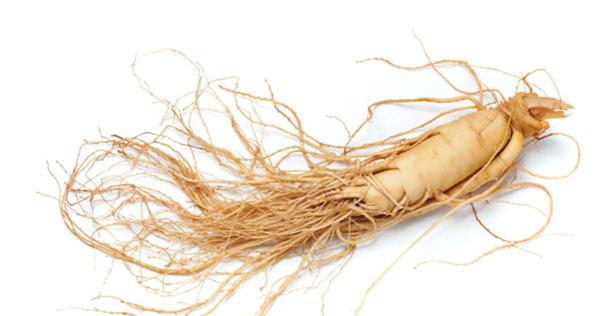
-
For blood sugar balancing: Siberian Ginseng
- “This plant, which is able to survive in even the most extreme Siberian winters, is famous for its adaptogenic and medicinal properties,” says Jess. “Ginseng extract can improve your skin condition and can protect it from dehydration. All of this means that it’s great for treating fading, ageing and sensitive skin.” Siberian ginseng’s powers don’t stop at cosmetology, though. “It’s great for blood sugar balancing, and can support both your adrenal glands and your thyroid,” explains nutritionist and herbalist Carolina Brooks, co-founder of Adaptogenica (adaptogenica.com). “Check with your GP before taking it though, as it can interfere with some medications.”
-
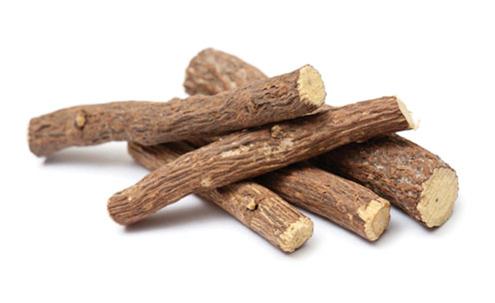
-
For fighting inflammation: Liquorice
- “The liquorice root can be found in various parts of Asia and Europe and assists the prevention of tooth decay and fatigue, as well as being an antiinflammation antidote,” says Frida.
Carolina sings its praises as well – “this is an amazing herb for adrenal fatigue, it helps to restore a frazzled nervous system, and it’s a great stomach healer,” she explains. “However, be careful taking liquorice even in tea form, especially if you have a high blood pressure, as it interacts with a lot of medications.”
-
.jpg)
-
For stress: Holy Basil (Tulsi)
- “Holy basil has been traditionally used in Ayurveda (an ancient Indian healing system) as a lung tonic to clear mucus, but it’s so much more than that,” says Carolina. “It’s a wonderful anti-depressant and really lifts the spirits – it makes a great tea.” If you’re going to brew your own cuppa, Jenny recommends combining it with liquorice to gain even more benefits. “You can also add it to soups and stir-fries towards the end of cooking – it has a peppery taste,” she continues.
-
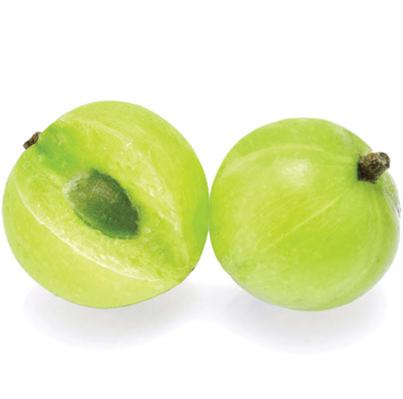
-
For lowering your cholesterol levels: Amla
- “This is a traditional ayurvedic herb and a potent antioxidant that you can take in a powder form,” says Carolina. “It’s very high in vitamin C and is used as an immunity boosting herb to prevent disease, as well as anti-ageing. It also acts as an anti-histamine, and can lower your cholesterol levels.” Amla is particularly beneficial for women, as Sasha tells us. “It works to harmonise your hormones when they’re off-balance, which is great as this can make you feel depressed and cause erratic mood swings.”
-
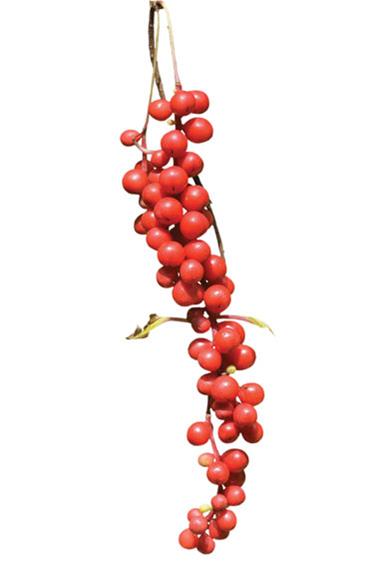
-
For liver function: Schisandra
- “Although often coined as the ultimate super berry, schisandra shouldn’t be put into the same category as goji or acai,” says Sasha. “Rather, it’s an exotic fruit that’s used only for medicine that helps to rejuvenate your cells, and has anti-ageing properties. It’s also been proven to improve concentration, coordination and endurance.” It’s good for people with an immune system that isn’t functioning properly, and works as a liver protector. “I use it to encourage healthy liver detoxification,” Carolina explains. “It calms the nervous system and relaxes you – you can use it to treat night sweats, too.”
-
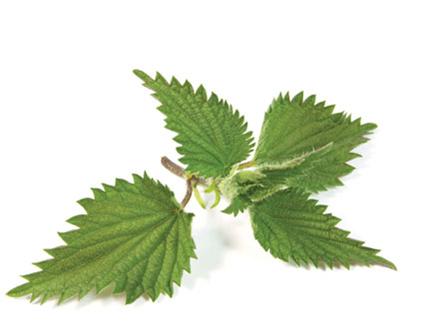
-
For energy: Nettle
- “The benefits of nettle leaves are widely known. But many people are unaware that the plant’s seeds are powerful adaptogens,” says Frida. “They help to strengthen your adrenal glands which are located at the top of each of your kidneys and are vital to your wellbeing. They’re also full of minerals and help your body quickly regain energy and strength.” If you aren’t able to get your hands on the seed, the leaves are also great for your health. “These can be ground into a power, and are especially restorative for people experiencing stress and burn out,” explains Jenny.
-
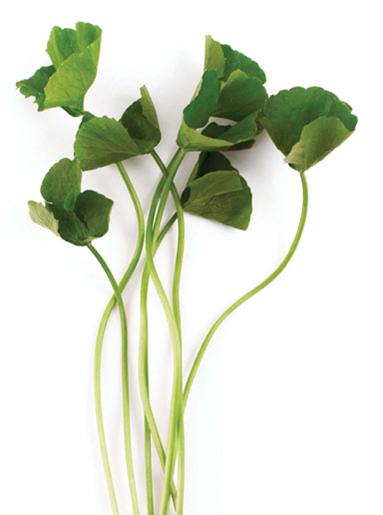
-
For your mind: Gotu Kola
- “Gotu kola helps to support cognitive function. It’s useful for women experiencing memory loss associated with the menopause,” Carolina tells us. If that wasn’t enough, it also boosts your energy and vitality, as nutritional psychologist Rick Hay (rickhay.co.uk) explains. “This herb can improve your mood, blood flow, sex drive, and mental wellbeing,” he says.




















